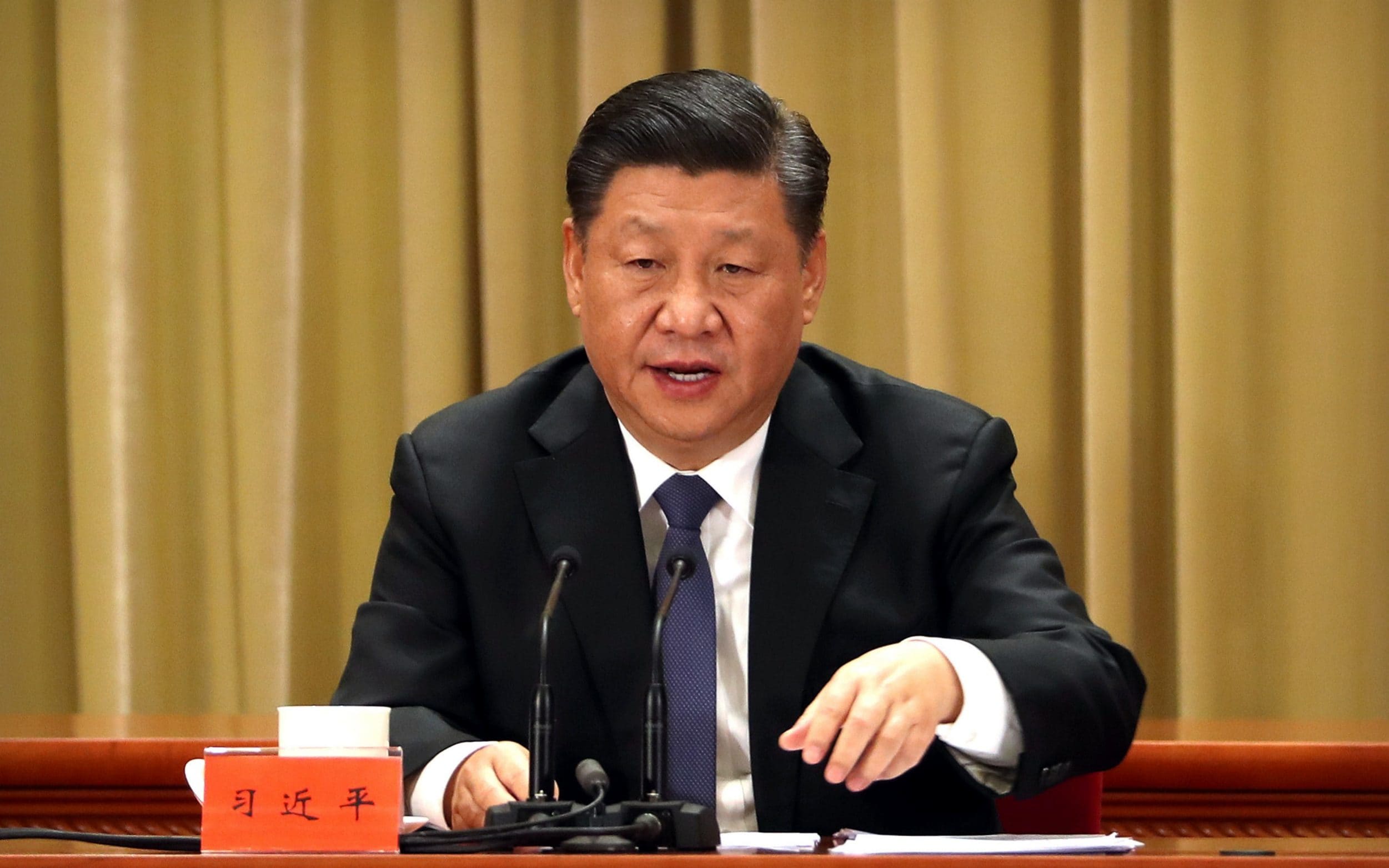Jumel G. Estrañero |
Old friends, old enemies. Taiwan president Tsai Ing-wen pledged on 9 October (Monday) to bolster the island’s military but added it will not “seek war” amid tensions with its biggest rival China. Tsai made the remarks in a speech at a National Day celebration, her second since taking office last year.
Taiwan is committed to building its own military jets and submarines, and should be prepared for increasing cybersecurity and espionage risks, she said. “Although we are strengthening our military capabilities, we do not seek war,” she added. Meanwhile, Beijing has ramped up pressure on Tsai by sailing its sole aircraft carrier and flying jets near the island during military exercises, as well as blocking Taipei from participating in key international events.
The irony here is that Beijing sees any calls for Taiwan independence as a challenge to its power, even though the island today is a thriving democracy. Like the Philippines, we are a democracy by default
Tsai’s remarks come as China’s Communist Party is set to hold its 19th congress next week — expected to cement President Xi Jinping as the most powerful Chinese leader in a generation. This international politics dynamics called on Beijing to find “new modes” for cross-strait interactions. We can recall that China has repeatedly said Tsai must acknowledge both sides are part of “one China” for dialogue to resume, but the Taiwan leader has refused to do so.
Read more: China tells US to ban entry of Taiwan President into country
Prior to that, cross-strait relations have rapidly deteriorated since Tsai took office last May, with Beijing cutting all official communications with Taipei as it does not trust her traditionally pro-independence Democratic Progressive Party (DPP). A long time ago, the two sides split after a civil war in 1949 but China still sees self-governing Taiwan as a wayward province to be brought back into its fold, by force if necessary.
A long time ago, the two sides split after a civil war in 1949 but China still sees self-governing Taiwan as a wayward province to be brought back into its fold, by force if necessary
Although political differences between the two sides have led to some complications, I see that Taiwan has nevertheless worked to maintain the basic stability of cross-strait relations but one strategy is that Taipei will not bow to pressure. This is same with Vietnam approach in SCS with a lesser dash of Indonesia’s pseudo-assertiveness since last year.
Read more: The South China Sea heats up as US and China lock…
The irony here is that Beijing sees any calls for Taiwan independence as a challenge to its power, even though the island today is a thriving democracy. Like the Philippines, we are a democracy by default. Though PRC does not call for the same reason, we analyze that any democratic state will always be incompatible with communistic state approach. The transition of Taiwan has become more alarming for China.
I believe that Taiwan is just being a realist. While Taiwan remains committed to maintaining peace and stability, both in the Taiwan Strait and across the region, the Philippines must also do the same. Beefing up our military while observing the rule of law of peaceful coexistence.
The writer is a defence and security analyst based in the Philippines. He has co-authored many books including the Handbook of Terrorism 2019 (Philippines). His works have appeared in Eurasia Review, Global Security Review and Geopolitical Monitor.
The views expressed in this article are the authors’ own and do not necessarily reflect Global Village Space’s editorial policy.














